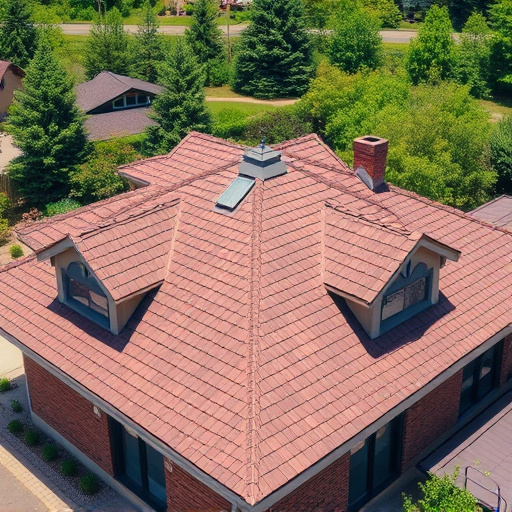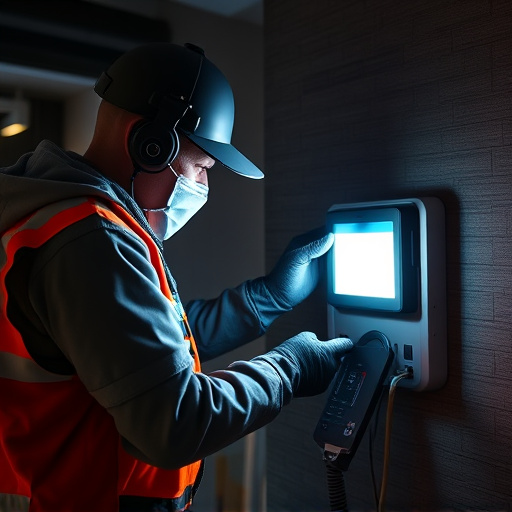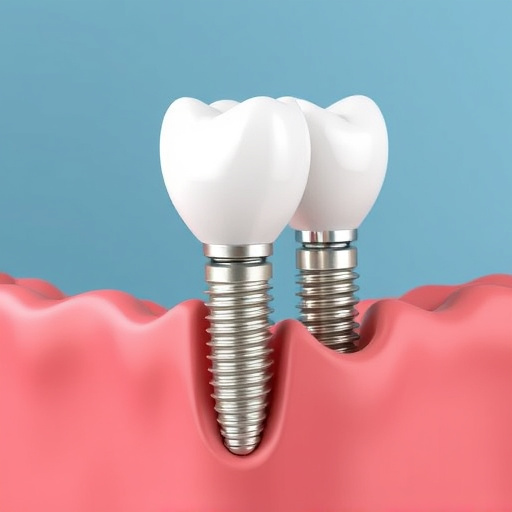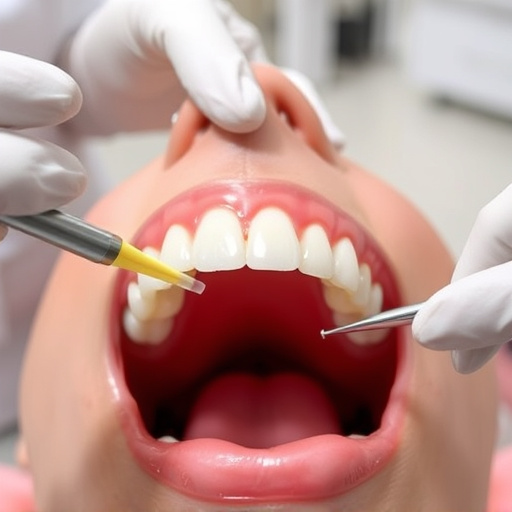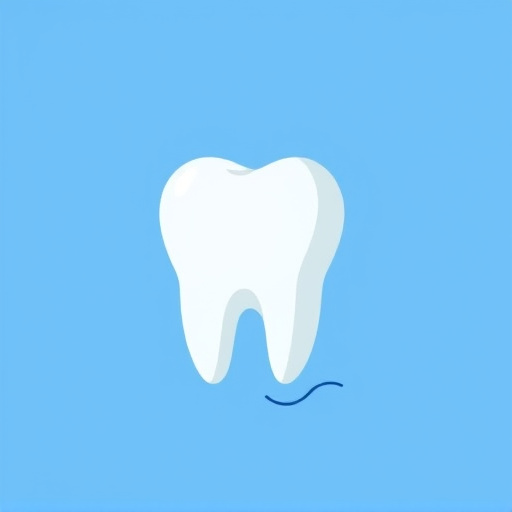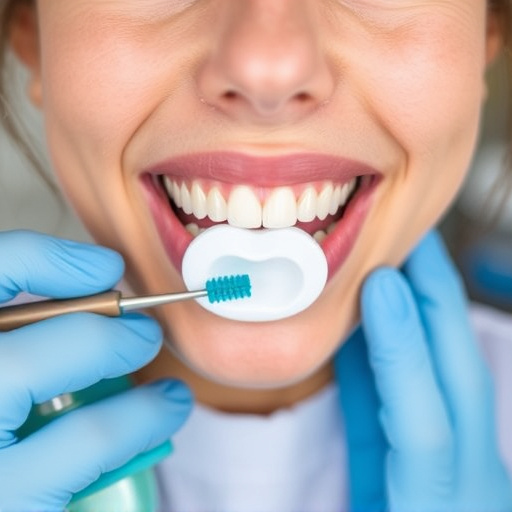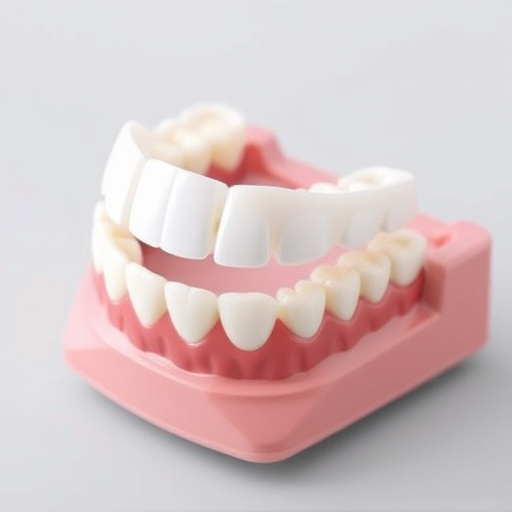Wisdom teeth removal is advised when there's insufficient jaw space, leading to impaction or partial eruption, causing discomfort and potential oral damage. General dentists may recommend preventive removal for those with extraction history or compromised immune systems. Regular dental check-ups are vital for early issue detection and safer removal processes. Choosing a trusted clinic offering comprehensive services, prioritizing safety, effectiveness, and post-operative care, ensures a smooth recovery. During the procedure, the dentist performs a mouth exam, X-rays, local anesthesia, incisions, and extracts wisdom teeth. Post-procedure, expect swelling and mild discomfort managed with pain relievers, following the dentist's aftercare instructions for a successful recovery.
Considering wisdom teeth removal? Trustworthy clinics offer safe, effective procedures for a smoother journey. This guide explores when and why extraction is necessary, helps you identify top clinics near you, and prepares you for what to expect during and after your appointment. From understanding the process to managing post-operative care, gain insights to make an informed decision about your oral health.
- Understanding Wisdom Teeth Removal: When and Why It's Necessary
- Identifying Trusted Clinics for Safe and Effective Procedures
- What to Expect During and After Your Wisdom Teeth Removal Appointment
Understanding Wisdom Teeth Removal: When and Why It's Necessary
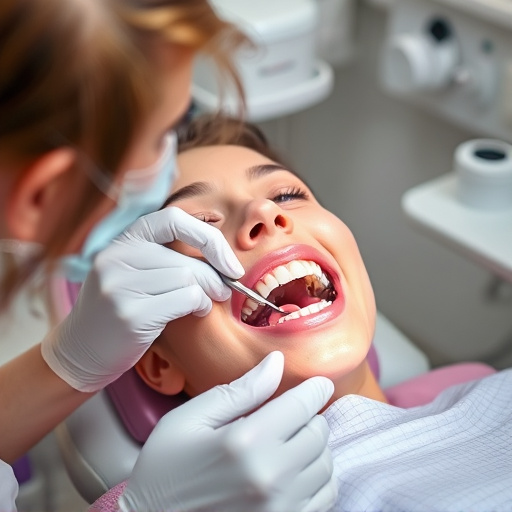
Wisdom teeth, or third molars, often need to be removed for various reasons. This procedure is commonly recommended when there isn’t enough room in the jaw for them to erupt properly, leading to impaction or partial eruption. Impacted wisdom teeth can cause discomfort, pain, and potential damage to adjacent teeth, gums, or bone. They may also contribute to oral health issues like gum disease and tooth decay if not effectively cleaned due to their hard-to-reach location.
In some cases, general dentistry professionals might suggest removing wisdom teeth as a preventive measure. This is particularly true for patients who have experienced problems with previous extractions or those with compromised immune systems. Regular dental check-ups can help identify potential issues early on, making the removal process safer and more manageable. Proper tooth repair and cleaning techniques are essential to ensure a smooth recovery after wisdom teeth removal.
Identifying Trusted Clinics for Safe and Effective Procedures
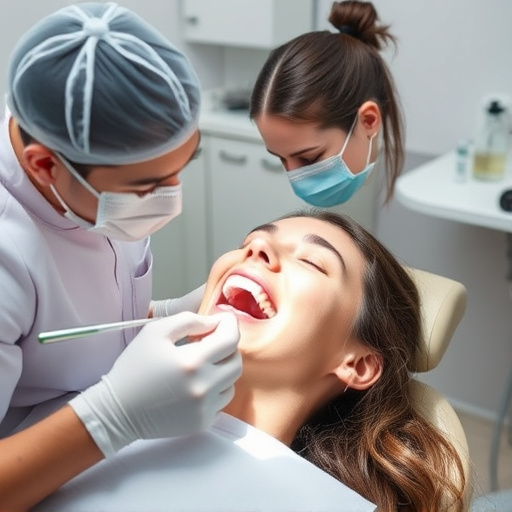
When considering wisdom teeth removal, it’s paramount to identify trusted clinics that prioritize safety and effectiveness. In today’s digital era, a simple online search can yield a plethora of options, but verifying their reputation and expertise is crucial. Look for clinics that promote preventive dentistry, as this approach not only minimizes risks during the procedure but also ensures long-term oral health.
Reputable facilities should offer comprehensive services, including dental examinations, imaging, and various treatment options such as surgical removal or the placement of dental crowns to accommodate impacted wisdom teeth. Additionally, they should emphasize proper post-operative care, which includes pain management, infection prevention, and detailed instructions for healing. Regular teeth cleaning visits are also recommended to maintain optimal oral hygiene both before and after the procedure.
What to Expect During and After Your Wisdom Teeth Removal Appointment
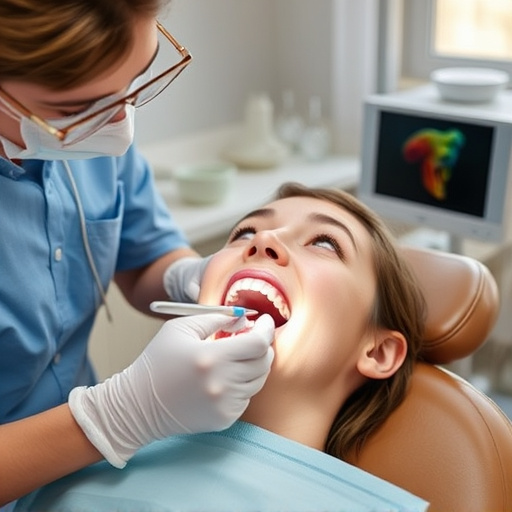
During your wisdom teeth removal appointment, you can expect a thorough process designed to ensure your safety and comfort. The dentist will begin by examining your mouth and X-rays to determine the best approach for extraction. Local anesthesia is typically administered to numb the area around the wisdom teeth, minimizing any discomfort during the procedure. Once anesthetized, the dentist will make small incisions in the gums to access the wisdom teeth and carefully extract them, ensuring proper removal without causing damage to nearby teeth or structures. The whole process is usually swift, and you’ll be monitored closely throughout.
After the appointment, it’s common to experience some swelling and mild discomfort in the extracted areas. Your dentist might recommend over-the-counter pain relievers to manage any soreness. It’s essential to follow their aftercare instructions, including gently cleaning your mouth and avoiding strenuous activities for a few days. Typically, you’ll be advised to stick to soft foods and liquids until the swelling subsides. Over time, the extraction sites will heal, and your body will begin the process of comprehensive dental care recovery, leaving you with improved oral health. Remember, proper aftercare is key to ensuring a smooth recovery from wisdom teeth removal.
When considering wisdom teeth removal, choosing a trusted clinic is paramount for a safe and effective procedure. By understanding when and why the process is necessary, you can confidently navigate your options and select a facility that aligns with your expectations. With proper care post-operation, you’ll be on the road to a comfortable recovery and a brighter oral future.


